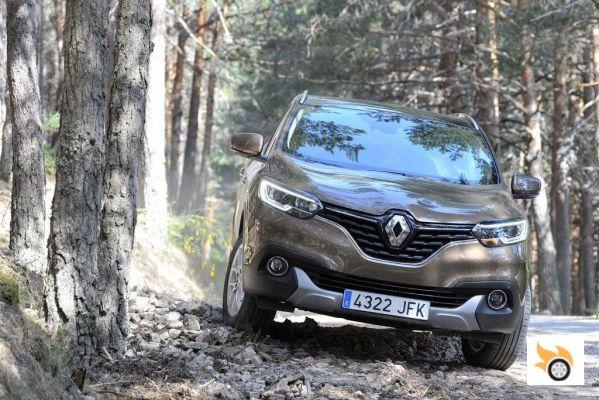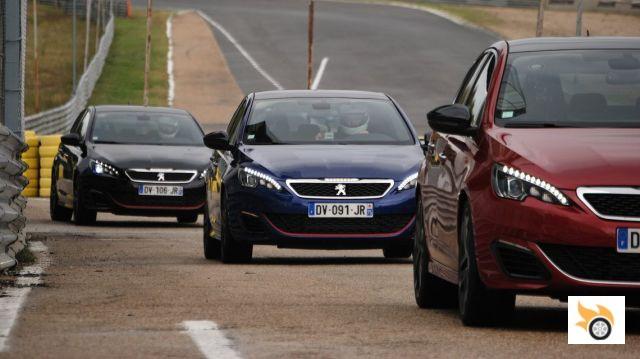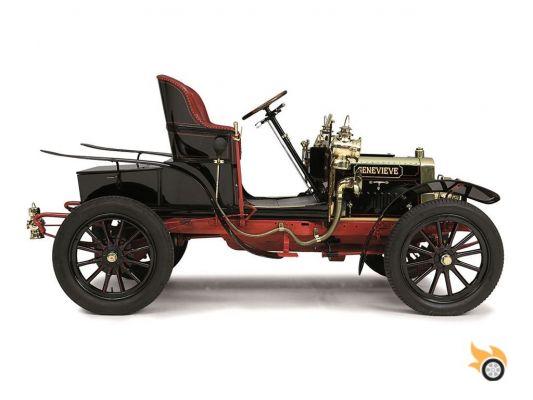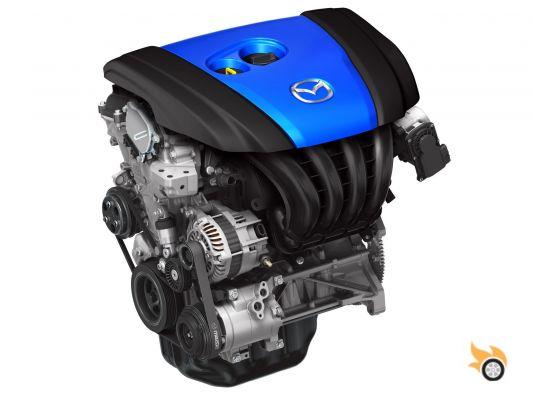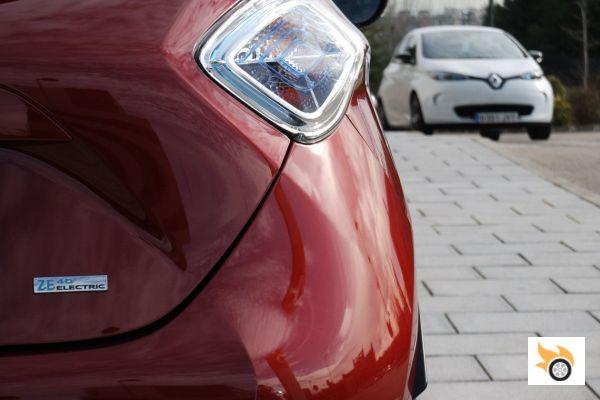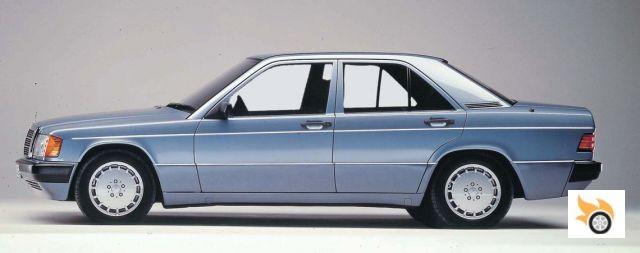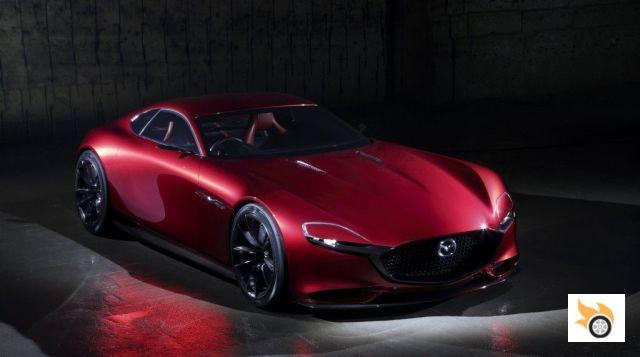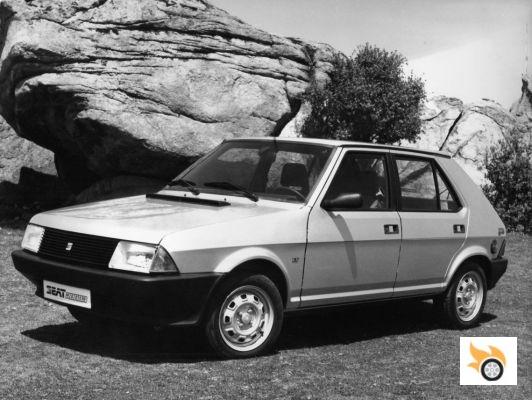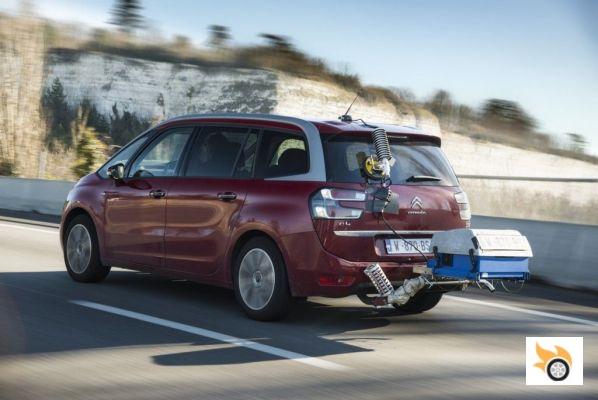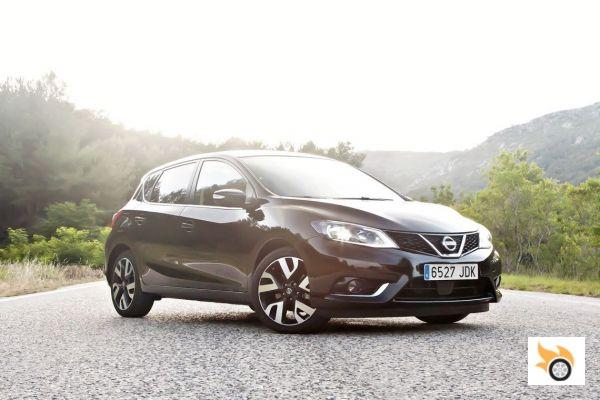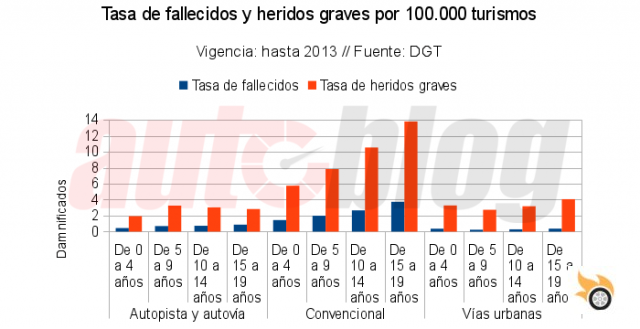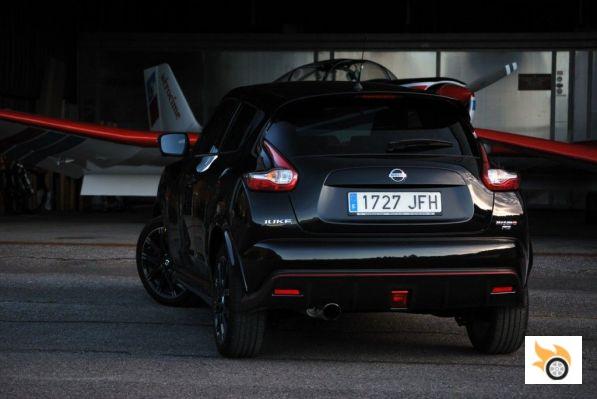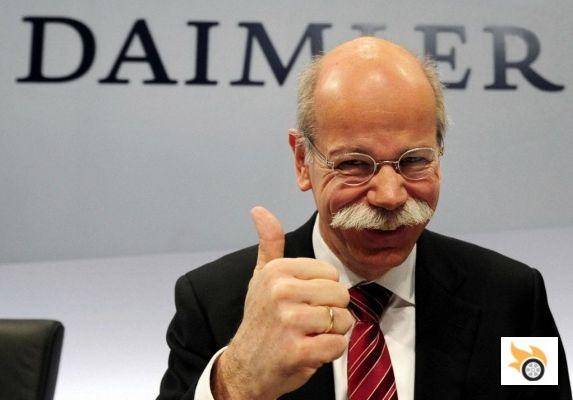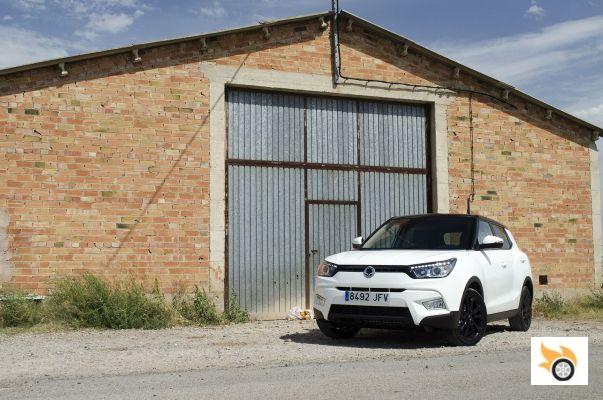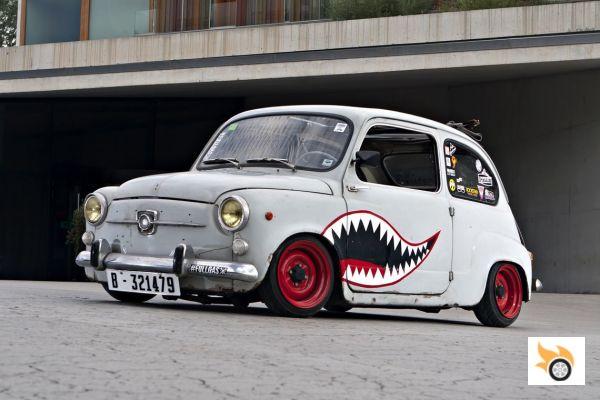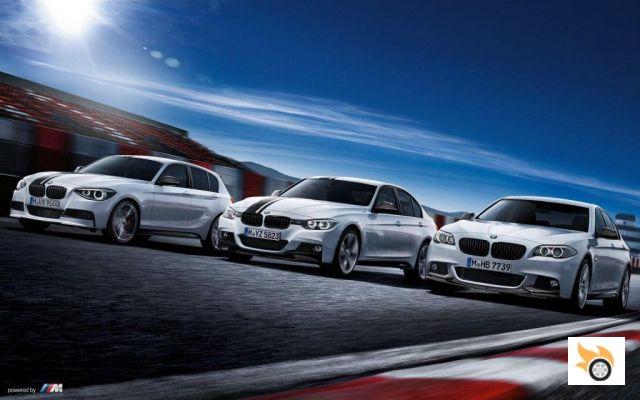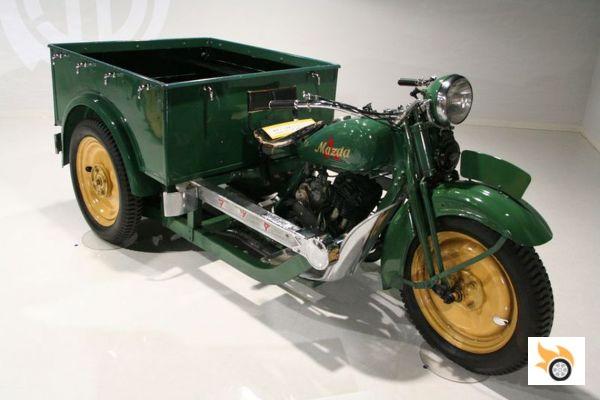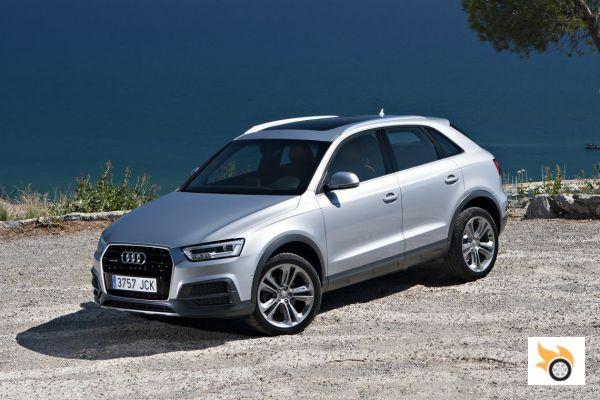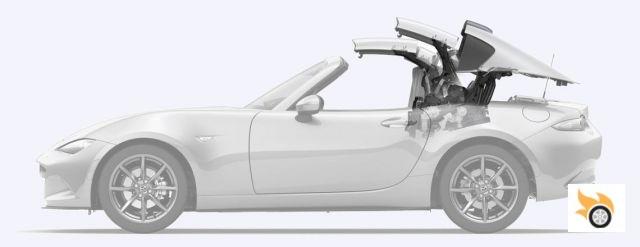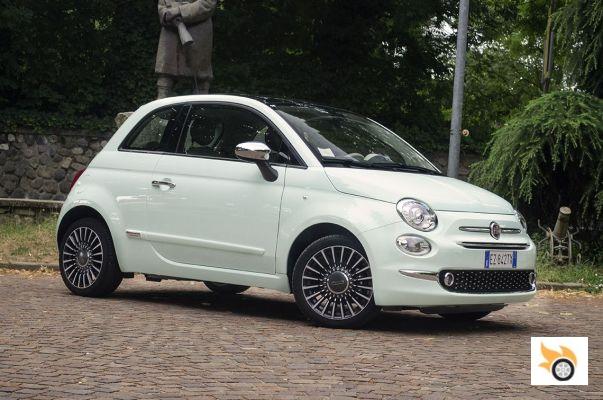Being aware that following the whole case and its multiple news stories from the beginning is a real gibberish -even for those of us who are dedicated to this- I thought it appropriate to make a summary of what happened in a year, but explained in simpler language. If we are giving so much coverage to this scandal is for a good reason: it is the biggest scandal of one of the major car manufacturers in the world, and at the environmental level has taken the gold palm.
Dieselgate comes from Watergate, the scandal that brought down US President Richard Nixon for playing dirty with the rival Democratic Party in the early 1970s.
What is the Dieselgate affair? We should consider it as the revelation of the truth about modern diesel engines, both Volkswagen's and those of the rest of the industry. For years, we were sold the story that they were all advantages: more efficient than petrol, more economical, environmentally friendly, rock-solid engines for hundreds of thousands of kilometres, with a higher resale value... and all of that has been questioned, point by point. That's Dieselgate.
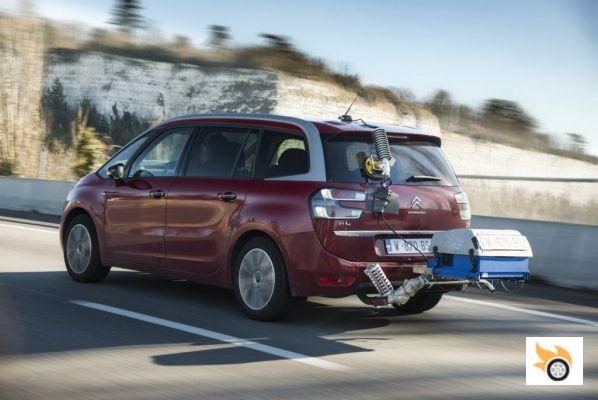
How did it come to this situation?
Developed countries are progressively limiting the amount of pollutants that vehicles can emit into the air, and this is regulated under anti-pollution regulations; in Europe they are called Euro standards. Carbon dioxide - or CO2 - is not considered a pollutant; greenhouse gases are something else. To demonstrate compliance, cars are subjected to standardized tests, which are always done in the same way and in a laboratory, and with a pass, they are allowed to be sold. The latter is known as the homologation process.
In recent years various studies have been revealing that diesel engines in Europe are polluting well above what is allowed in real traffic conditions. In part this is because engineers must pass type approval tests under stable conditions, and in the real world there is tremendous randomness: differences in gradient, temperature, weight on the road, tyres used, etc.
The results in the laboratory and in real life have been increasing their differences until they are placed in parallel worlds.
Meanwhile, in Japan and the United States the regulations were much tougher than the European ones, and a select group of manufacturers announced models that were able to comply with them, and hence the term Clean Diesel, extremely clean diesel engines, was born. Examples include the 2008 Volkswagen Jetta 2.0 TDI, the Mercedes E 350 BlueTEC or the Nissan X-Trail 20GT in Japan. Some researchers wondered, "Why aren't clean diesels sold in Europe?" and decided to investigate what made them different.
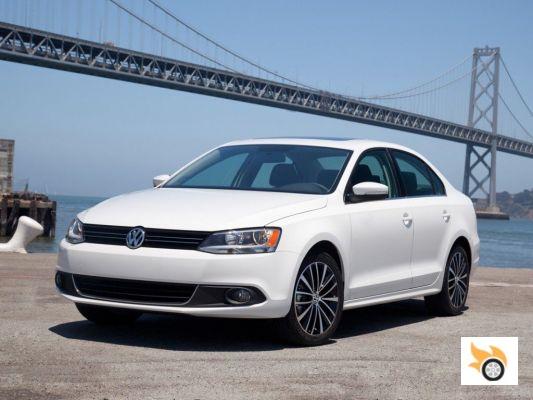
The environmental organisation International Council on Clean Transportation - or ICCT - commissioned a study by West Virginia University in 2014 to test the emissions of clean diesel models from Volkswagen, BMW and Mercedes, although they didn't get any from the latter brand. Hundreds of miles of tests were conducted with portable exhaust measurement equipment (PEMS) and the results made no sense at all: whatever they did, the nitrogen oxides (NOx) values were sky-high, up to 40 times above what's allowed.
How important is this? Nitrogen is a gas present in common air, normally in the form of a molecule and associated with itself (N2), and it is a completely harmless gas. The problem with diesel engines is that they work with very high compression and very high temperature, which causes nitrogen to end up associating with oxygen, forming nitrogen oxides. It is a very dangerous pollutant that you can't see, feel or smell. Well, when it concentrates massively it can draw a "beret" over a large area.
Simplifying a lot, if NOx is loose in the environment it causes respiratory diseases, the kind that kill people, as well as the formation of low level ozone (O3).
The latter is good for the ozone layer, isn't it? The other way around. The ozone layer is very far from the earth's surface, at low altitude ozone is poisonous. Little by little we are understanding the dimension of the problem. Emissions from diesel engines alone can explain the deaths of tens of thousands of people every year; traffic accidents, terrorism or organised crime are not so deadly.
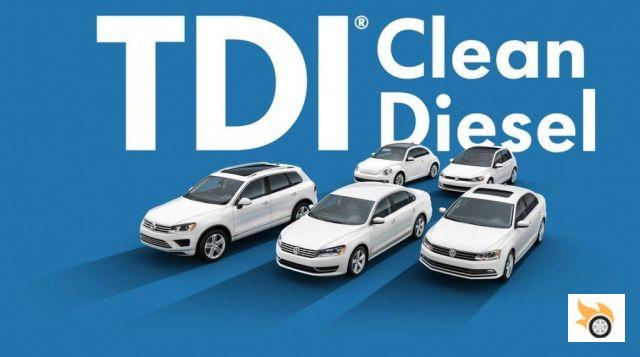
The researchers contacted the American authorities, the Environmental Protection Agency (EPA) and the California Air Resources Board (CARB). How was it possible that the supposedly cleanest diesel cars in the world were so polluting? These agencies contacted the manufacturers, and asked them why this discrepancy was due to the fact that in the homologation tests these cars were within the legality.
Inside Volkswagen nerves began to appear, as they had finally realized outside that something did not add up. Many in the company knew that the Clean Diesel engines were not able to meet the standards in the real world, because they were designed to only pollute little in homologation tests. This was achieved with control units programmed to detect the test conditions, technically called defeat device or fraudulent device.
It is still not known whose idea it was, whether it was the engineers' or their superiors'.
Volkswagen engineers alerted the top management, but no action was taken. Allegedly, the then CEO, Martin Winterkorn, did not read the documents because he was overworked. For their part, the technicians were dizzy with more or less creative answers, until it was impossible to hide the obvious: they had tried to fool the EPA and CARB. This happened with the first generation of common-rail injection diesel engines, the EA189, designed to pass Euro 5 in the EU, and Tier 2 Bin 5 in the US.
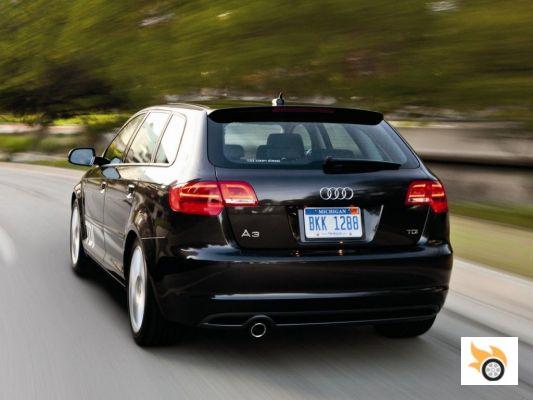
One of those technicians, James Robert Liang, is cooperating with the American justice system to explain the genesis of the deception. He has turned himself in and accepted his guilt in order to get a more favourable deal. He is one of the masterminds of the operation, and his role was key in passing off as clean a whole range of cars that were far from clean. Clean diesels were advertised as green cars, in fact the 2008 Volkswagen Jetta 2.0 TDI Clean Diesel was awarded Car of the Year in the "Green" category (it was later withdrawn).
Once the EPA found that this was a major fraud, they issued a document on their website called Notification of Violation (NoV), which means that they have caught a company doing things wrong, and that it will be investigated; it does not imply guilt, but from September 18 onwards there was an unprecedented media storm. Volkswagen hasn't had such negative press treatment since Hitler ordered its founding in the 1930s.
In less than a month Volkswagen shares fell by a third in price, causing a huge hole in public and private investment funds. It is curious, Volkswagen shares suffered, in the middle of the economic crisis, a rebound that made them more valuable than the IBEX 35 in its entirety, due to a hypervaluation of them. From ecstasy to torment. The head of Volkswagen ended up resigning, the famous Martin Winterkorn. The head of Volkswagen of America also fell, as well as some high-level engineering managers.
In the United States, the problem was quantified in more than half a million cars sold between 2008 and 2015, such as Volkswagen Passat, Audi A3, Porsche Cayenne Diesel, Volkswagen Beetle, Audi A8... all with Clean Diesel engines of four and six cylinders. Sales came to a standstill in a matter of hours, leaving thousands of cars in the logistics centers that, to this day, it is still illegal to sell. Advertising for diesel engines was withdrawn, and they also disappeared from official websites.
Independent tests found that in "clean mode" cars lost up to 15 hp.
A market for diesel passenger cars was created in the United States because they not only complied with environmental regulations (it was assumed), but also offered very low fuel consumption, high mechanical performance (150 hp upwards), mechanical robustness to do many miles, and the guarantee of the German manufacturer. Volkswagen set itself the goal in 2008 to be the number one manufacturer in the world in 2018, and it may even achieve it, Toyota has not thrown in the towel.
But it had not only taken the authorities for a ride, but also the consumers. That led to a barrage of individual, class and administrative lawsuits. Volkswagen has been sued by the US government, several states on their own, consumer associations, some regions in Germany, etc. The lawsuits are for violating environmental regulations, misleading advertising, conspiracy and fraud, or for the economic loss of market value of cars or company stock. None, to date, are for harming public health.
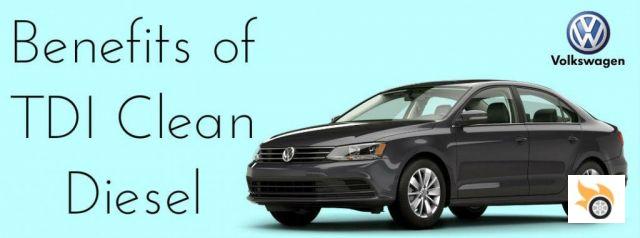
The U.S. courts are the most dangerous because of the economic scope that fraud can have, which is why Volkswagen has set aside 18.4 billion euros from its profits; that amount may not be enough, even losses have been declared for the first time in 23 years. To pacify the situation, Volkswagen has reached an agreement with the American justice to compensate those affected -considering the value of the cars before the scandal- or modify the cars so that they can continue to be used in the future, at the moment only the 2.0 TDI.
If in two years' time no technical solution has been found that will allow this, hundreds of thousands of Volkswagen and Audi cars will go to the scrapyard.
Meanwhile, in Europe, the cake has involved a massive recall of almost eight million cars and vans, equipped with 1.2 TDI, 1.6 TDI and 2.0 TDI engines. From the first quarter they have been called to the workshop in stages to adjust emissions to more reasonable values. They have the approval of the German homologator, the KBA, but after the modifications the cars are not as clean as they should have been from the beginning. Customers don't want to lose performance, nor do they want diesel consumption to increase.
Several countries - including the UK, France and Germany - started their own investigations with Volkswagen and other manufacturers. They wanted to know if it was a widespread practice. The result is a yes and a no: only Volkswagen has cheated, the others are using the rules themselves to be able to pollute more, selectively, so that the cars do not break down. And that? Diesel engines can only pollute little if they are subjected to stressful conditions for the mechanics and the exhaust system.
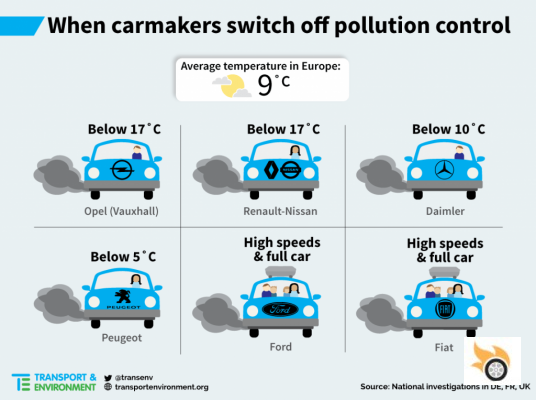
Diesel engines need various systems to keep emissions low: EGR valve, particulate filter, NOx catalytic converter, AdBlue injection and so on. If these systems are working at full capacity, they will break down sooner. Volkswagen and its competitors have not polluted more for sport, psychopathy or sadism, but to reduce customer warranty claims.
Clean diesel has proved to be what it is, a chimera or an oxymoron.
In Europe there will be no million-dollar penalties (not at the same level), no forced buy-back of vehicles, no massive compensation to customers. The cars will simply pass through the official services, and in less than an hour they will be ready to go out again. The European Union does not have the power to sanction manufacturers, the member states must do so, although the European Commission is starting to remedy the latter. If they cannot punish Volkswagen directly, it will be done indirectly.
In this year consumers have not turned their backs on Volkswagen in a massive way, sales have suffered, but very little! It has been more noticeable in the United States, where Volkswagen registered the vast majority of diesel of the entire market. Since September 2015 they have not sold a single one. There is no anticipation that they are going to try to homologate more diesel engines there. In South Korea they are going to have to re-homologate them after the ban on selling them was enacted. In Europe, Euro 6 diesel engines are not affected.
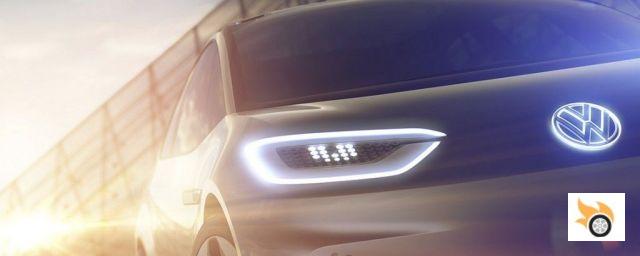
Looking ahead, Volkswagen wants to evolve into Voltswagen, to make the TDI acronym secondary or third, and become one of the world's leading sellers of electric vehicles, even above Tesla. By the middle of the next decade there should be one electric for every three sales of conventional models, and that means more than 2.5 million units per year. Tesla's plans are 500,000 units a year by 2020. The bet is very risky.
If the penalties, fines, indemnities and compensation are distributed over the years, Volkswagen can pay, otherwise the manufacturer would collapse because there is no company that can withstand so much. The changes have already arrived, the range will reduce its variety, the dispensable models will disappear, they are tightening the belt in manufacturing costs, and investments have been questioned as the presence in the WRC or the sponsorship of the football team of Wolfsburg (Germany).
Diesel's reputation is mortally wounded
Once public opinion has finally learned about the dangers of diesels for public health, sales have started to fall. Manufacturers like Toyota are pushing them into a corner (in fact almost all the engines they sell are made by third parties), and it will be increasingly difficult to homologate them as clean, otherwise they cannot be homologated. Gasoline is gaining ground, but so is alternative propulsion.
All that glitters is not gold, the latest gasoline engines are a rolling hazard because of their high particulate emissions, which will be solved from next year with the massive installation of DPF/FAP for them. Hybrids and electrics are booming - Toyota/Lexus has sold more than nine million hybrids since 1997, and Renault-Nissan has sold more than 350,000 pure electrics since 2010.
The EU will change type-approval rules in 2017 - although the limits have been raised, de facto it will be allowed to pollute much less, because it will be tested outside the lab.
The future of diesel will be determined by what customers are willing to pay for them, the differences in tax policy compared to petrol, and the restrictions/ban on circulation that will be imposed in many major European cities. It has become a public health problem, it is no longer the whining of environmentalists and hippies. It is a problem that affects us all as a society.
There are still no public health charges against manufacturers, the ethereal concept of "environment" is used, but they are not held directly responsible for causing thousands of deaths a year. Forget rapeseed oil and thalidomide (with all due respect to those affected), diesel engines have been, are and will be a public danger until they end up in the scrap heap or expensive modifications are made to tackle their emissions.
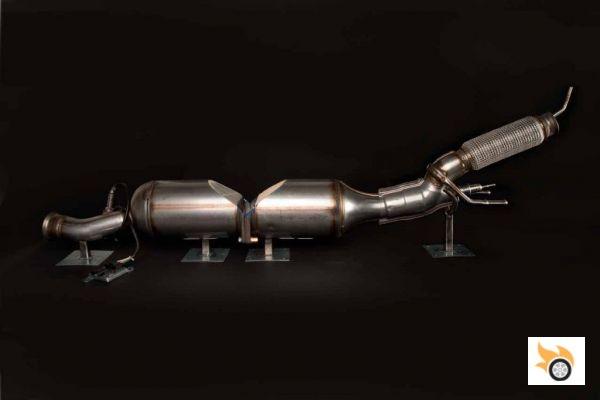
A world without diesel is possible, Japan is the perfect example, sales are less than 1%, and they enjoy very clean air for overcrowded urban areas of hundreds of square kilometers. It will take years to solve this huge problem, but in the wake of that September 18, 2015 the process has accelerated. It is no longer a few NGOs that hardly anyone listens to, it is society that wants change.




